Hit hard by outbreaks early in the pandemic, many San Luis Valley farmworkers embrace the vaccine

CENTER, Colo. — On a sunny August morning, David Ramon Miguel was hard at work on a lettuce field in Center, Colorado.
Music and conversation filled the air as David and other workers chopped rows of lettuce. It was a fast operation as workers wrapped each head of lettuce in plastic and loaded them into boxes perched on a tractor that slowly rolled forward, always reminding the workers to keep moving.
“Working inside a building, you have to use your inside voice, watch what you say, watch your language, stuff like that,” David said. “Working out in the field… you can be you. You can laugh out loud.”
When Rocky Mountain PBS met David in that lettuce field a few weeks ago, he shared the story of the man who inspired him to do this work: his late uncle, Miguel Francisco.
Francisco died in May of 2020 during a COVID-19 outbreak at the Center potato warehouse where he worked.
David said his uncle took him in when he was a teenager after his parents were deported to Guatemala. Miguel took David and his cousins to work on farms at a young age.
“He would help us. He would teach us what to do,” David said. “He'd be like, ‘Come on... do it, push harder.’ Honestly, it.. stuck to me. And now that I'm back in the fields... I’m like, ‘I'm here to work.’”
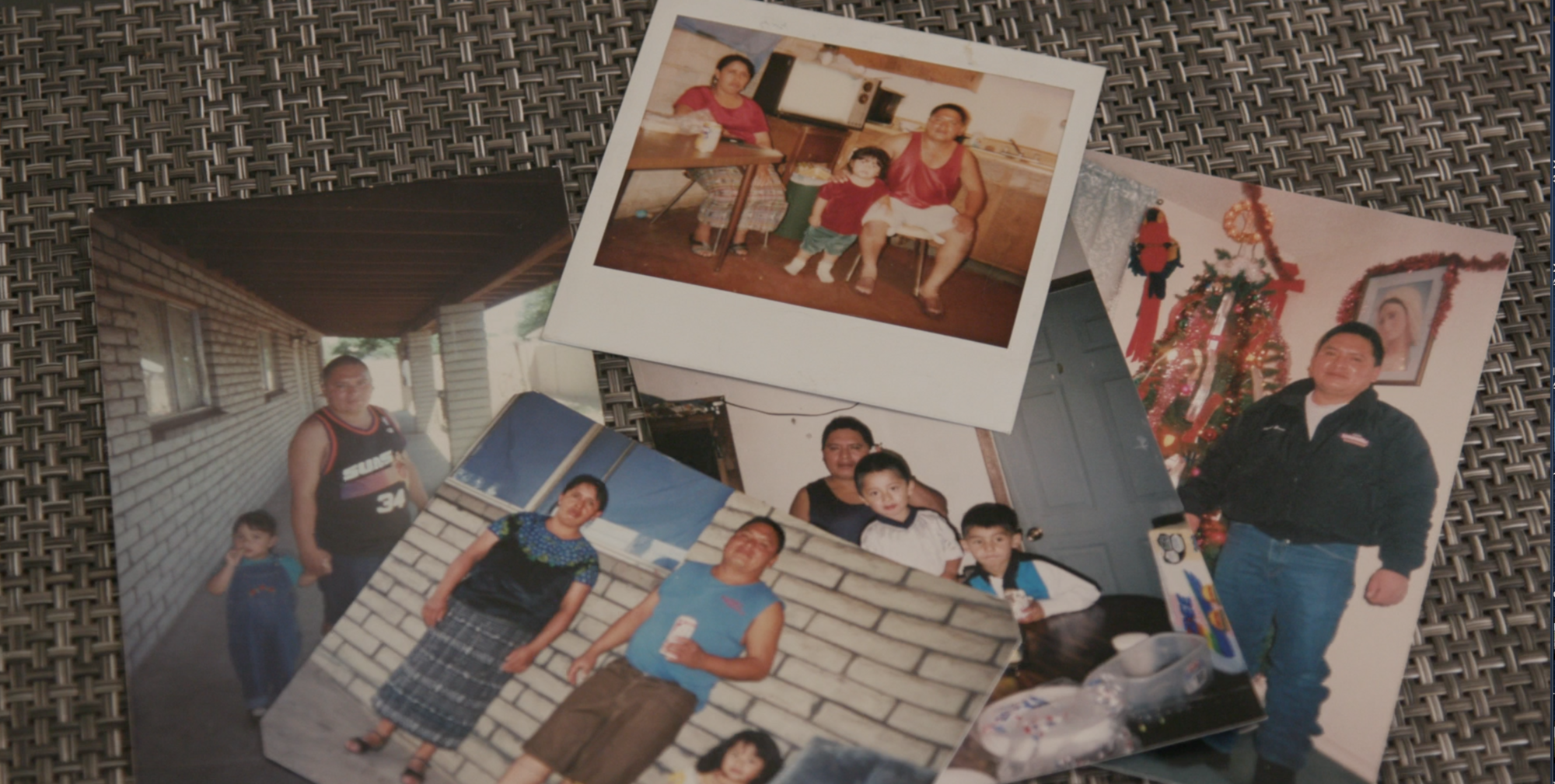
David’s cousin, Minga Francisco, said that work ethic defined her father Miguel. Growing up, she remembers her dad working six days a week, sometimes until midnight. Her parents settled in Center after traveling from state to state working different crops as migrant farmworkers. People who worked with her father in town knew him as Pancho, and they told Minga he was always loud and having fun at work.
Still, coworkers told his daughter that Miguel did so much to help get things done in the Mountain King potato warehouse. When he and other family members started showing symptoms of COVID-19, Miguel Francisco kept going to work.
“My dad was in denial. He was like, ‘No, no, I just have a cold. I'm always coughing. It's okay,’” Minga said. “We were like, ‘Dad, I know you might feel okay, but.. it's protocol, please go get tested.’ He refused.”
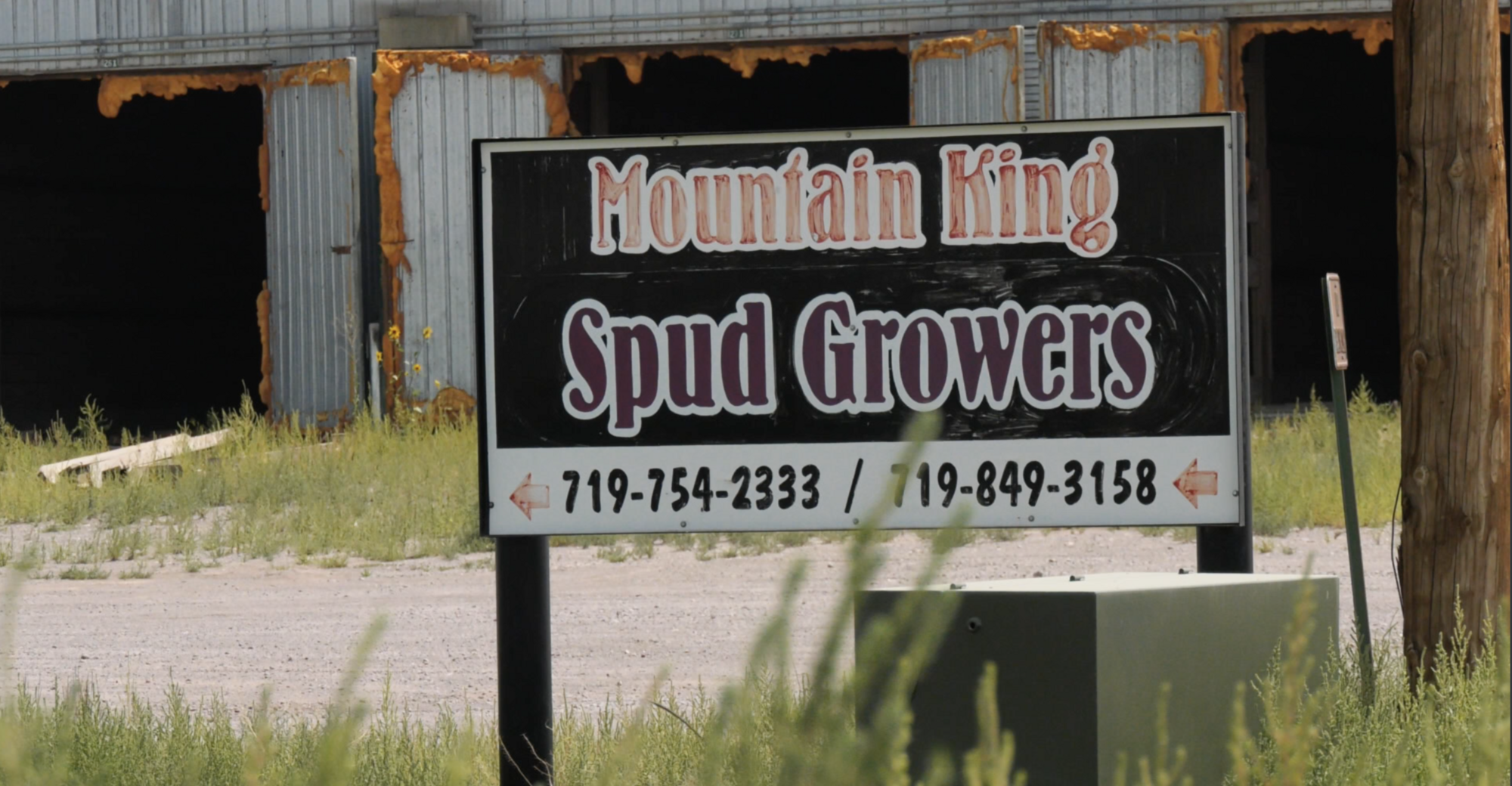
“Where he worked, sadly, they couldn't really just miss a day. They had to ask in advance,” she continued. “I don't think it was specifically because of warehouse protocols, but because one specific foreman was like, 'No, you need to ask two weeks in advance if you don't want to go to work, if you have a doctor's appointment, stuff like that.' So my dad, he never missed work."
The family was not aware paid COVID-19 leave was available when they first became sick, according to Minga.
“He didn't know that—we didn't know that—until after,” she said. “We were one of the first families to get hit with COVID here in Center. So, I could assume a lot of families went through the same thing. They didn't know that they could get paid to be home and to rest and to get better.”
Rocky Mountain PBS made several efforts to talk with Mountain King representatives over the course of several weeks for this story. A manager said he would check with the company's legal team but did not respond to detailed questions.
Miguel did not ask for time off and continued to go to work, his daughter said, even putting a cold towel on his head before heading into the warehouse for a temperature check. Minga admits her father was taking a risk by continuing to work. She said in his view, he had no other choice as the family’s main breadwinner.
"There was a pandemic going on, but he thought, 'I have to work. I have to provide for my family,'" she explained.
Eventually, Minga says, word got around at the warehouse that other members of the Francisco family had tested positive, and Miguel was sent home.
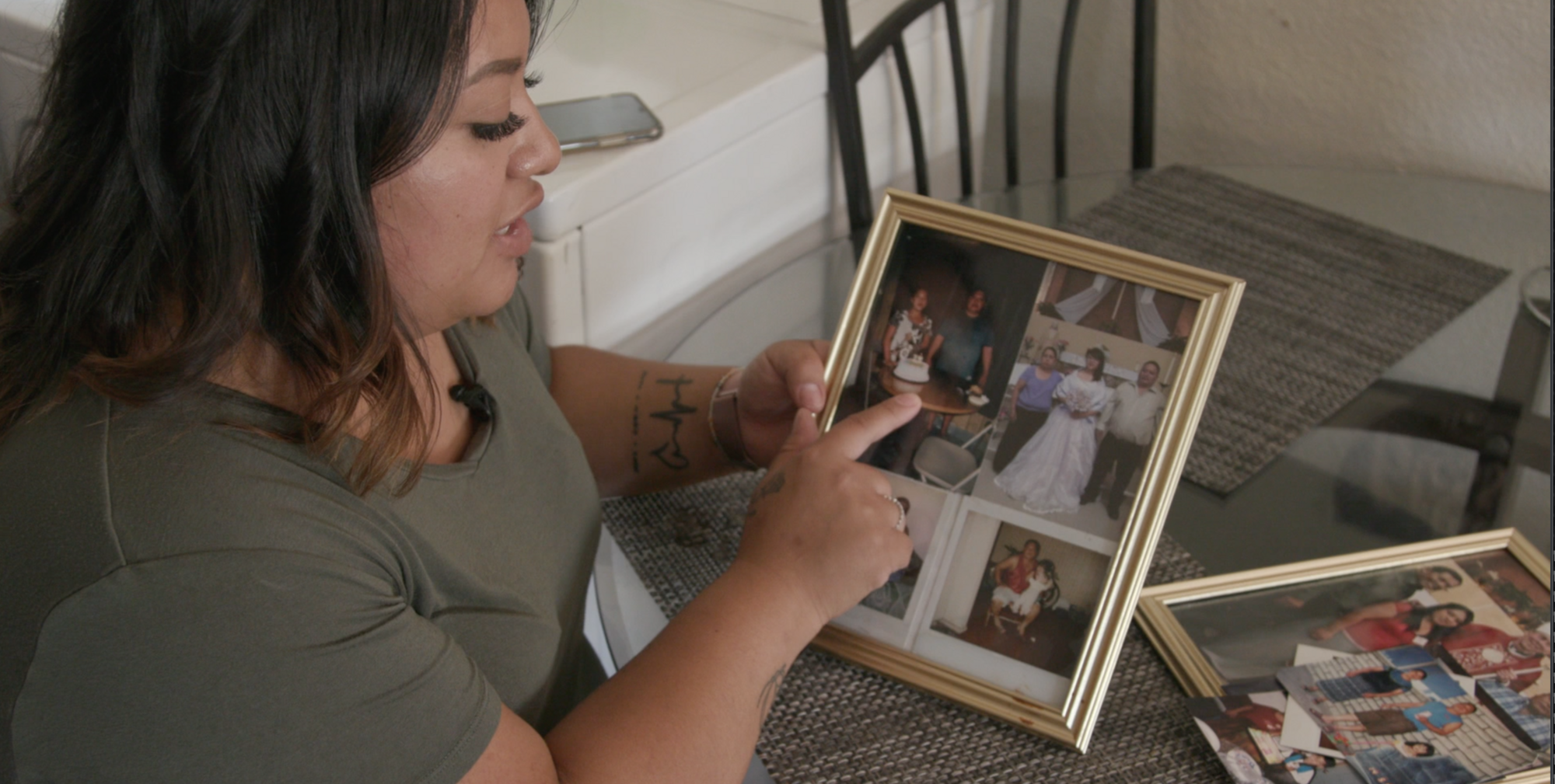
Days later, Miguel’s condition worsened and he asked his son to take him to the hospital. Minga said doctors put him on a ventilator but he did not survive. He died at 56 years old.
Outbreak data reported by the Colorado Department of Public Health and Environment shows an outbreak in May and June of 2020 at Mountain King Potatoes in Rio Grande county grew to 52 cases with one death. (A state outbreak map pinpoints those cases to a Mountain King location in neighboring Monte Vista rather than Center. However, several government social media posts from the time of the outbreak warned of a growing number of cases at the Center location. Local health officials told Rocky Mountain PBS they could not clarify the location discrepancy due to staff turnover.)
Around the same time, an outbreak at the Colorado Mushroom Farm in nearby Alamosa grew to 29 cases. Health officials said agriculture work is so entrenched in the San Luis Valley that it’s common for households to have several members working at different farms or warehouses, making it easier for outbreaks to spread between locations.
Such outbreaks are especially damaging to businesses in rural areas, where the smaller population leaves fewer people to work in place of those who are sick or quarantined.
“COVID cases really dramatically impact how the economy runs here,” said Nicholas Lara, the health care engagement coordinator at Valley-Wide Health Systems. “When it hits in the Valley, you definitely feel it.”
Valley-Wide Health Systems, a community/migrant health care center with clinic locations throughout rural southern Colorado, provided testing during outbreaks with its mobile health unit. In recent months, that mobile unit has been traveling to farms to vaccinate workers. So far, the results show farmworkers have been receptive to the vaccine.
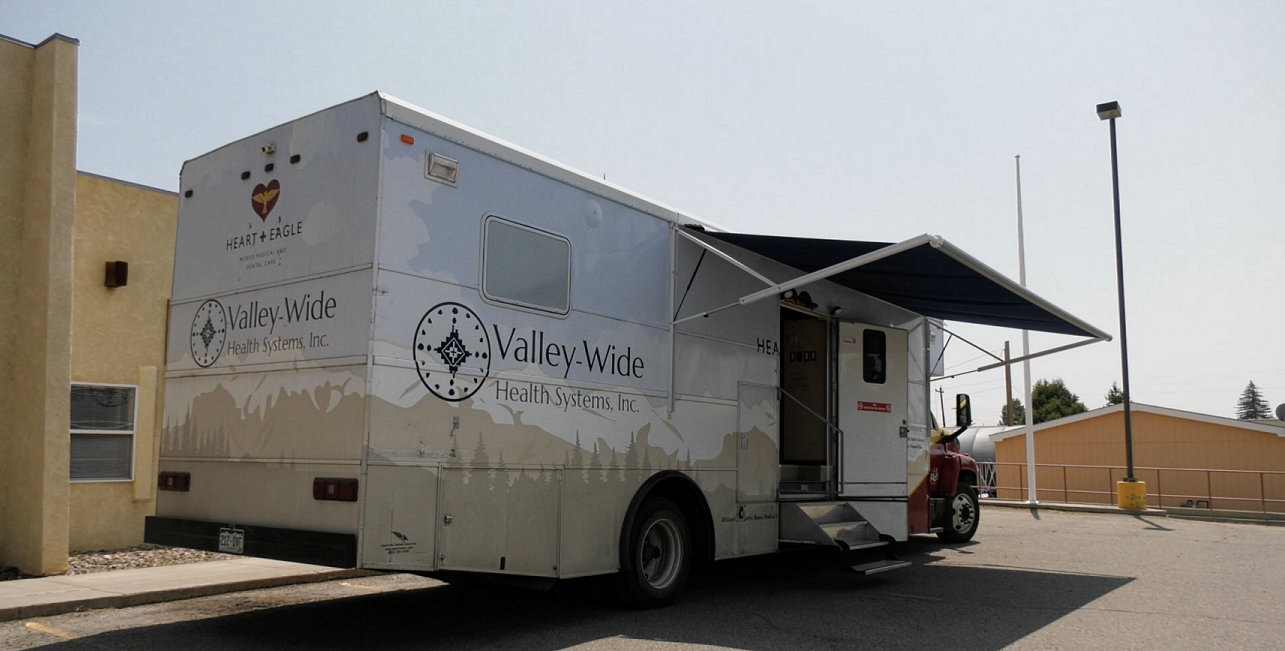
Lara said that at each of the farms the mobile unit has visited, 100 percent of the populations there have agreed to be vaccinated. In total, Lara said, at least 998 farmworkers have received the vaccine from Valley-Wide so far. Many of those workers have received the one-dose Johnson & Johnson shot, because it can be difficult at times to reach workers to administer a second dose.
Many workers live in close quarters with family members or in dormitory-style housing provided by farm owners. Health officials say both farmers and workers realize those living situations may put workers at increased risk of contracting COVID-19, and the vaccine is a way to decrease that risk.
“It dramatically changes the way that they live on a day-to-day basis. Having the vaccine, they can operate a little bit more freely without being masked up the entire time in those dormitory-style living situations,” Lara said.
Rafael Cruz Garcia, a farmworker in Alamosa, told Rocky Mountain PBS he was pleased to receive the vaccine at work.
“I was very happy that day. I told my sons, ‘Let’s go get vaccinated,’” he said in Spanish. “I didn’t feel any symptoms after the vaccine … I was happy to work where I was working, and after the vaccine, I dedicated myself even more to work.”
Minga Francisco said she and her mother signed up to receive the vaccine as soon as they were able to. Minga’s mother now has a job at the same potato warehouse where her late husband worked when he died, and the family has noticed changes there since Miguel Francisco’s death.
Workers know if they feel sick, they have paid leave to stay home. And Minga said her mother was encouraged by her workplace to get the vaccine and take time off to recover from any side effects. The family thinks the outbreak may have influenced those policies.
“I want to say… they realized, 'Oh my gosh, you know, if we would have let this person stay home, maybe all of these other people wouldn't have gotten sick,'” Minga said. “Things could have turned out differently.”
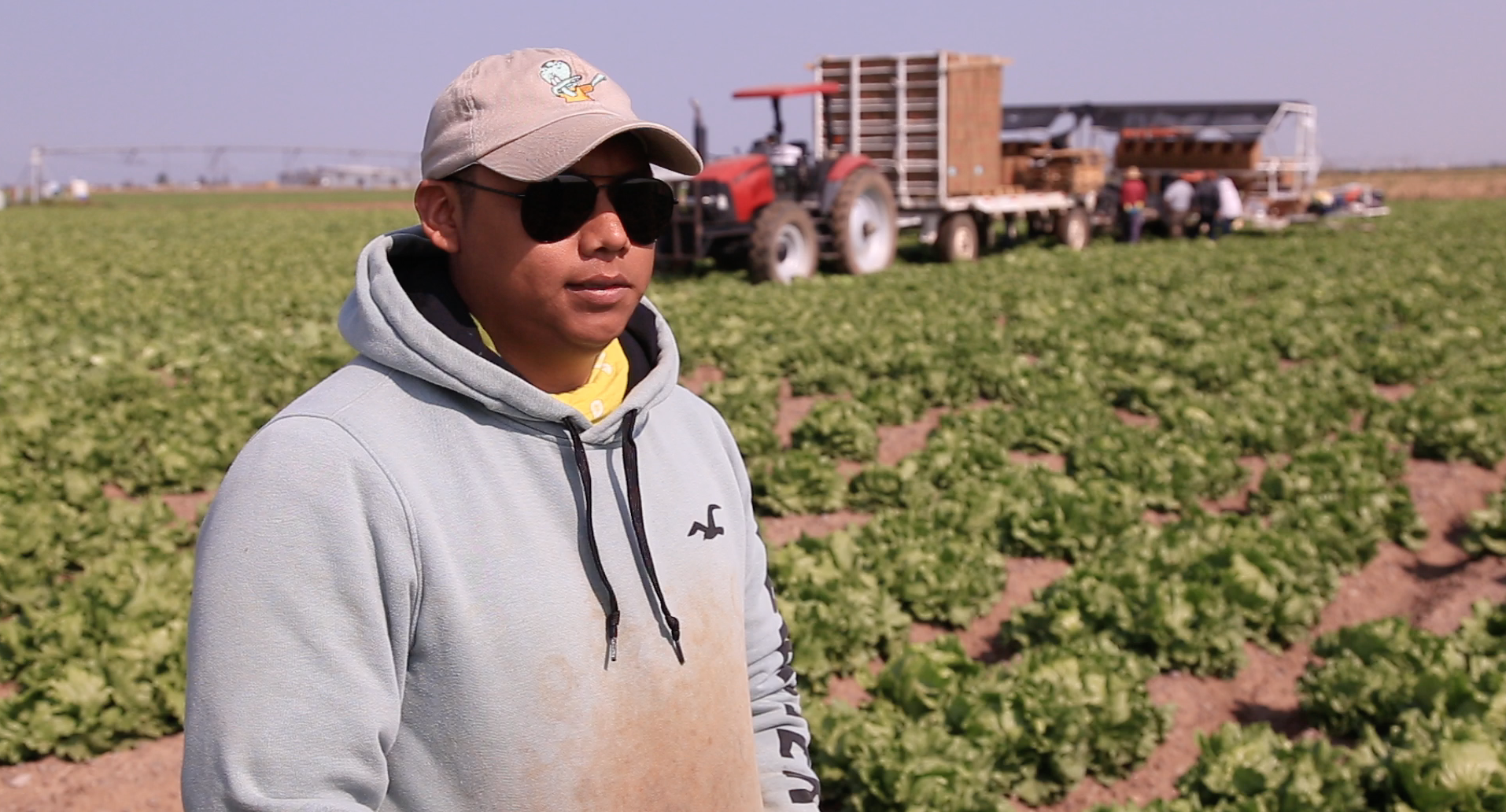
A lot has changed for Miguel Francisco’s family since he died as well. His nephew, David Ramon Miguel, said when he became unemployed from his teaching job a few months ago, he decided to spend his summer working the fields where he worked with his uncle as a teenager.
He said he sometimes gets emotional while he’s working, thinking about the man he lost.
“It's kind of hard. I'm out here crying,” David said. “Why am I crying? … He'd want us to be happy. And he'd probably be happy that I'm actually out here.”
This story is one of several featured in this month's Colorado Voices broadcast. It aired Thursday, September 2 on Rocky Mountain PBS.
Sonia Gutierrez is a multimedia journalist with Rocky Mountain PBS. You can reach her at soniagutirrez@rmpbs.org
Julio Sandoval is a multimedia journalist with Rocky Mountain PBS. You can reach him at juliosandoval@rmpbs.org.
Brittany Freeman is an executive producer at Rocky Mountain PBS. You can reach her at brittanyfreeman@rmpbs.org.